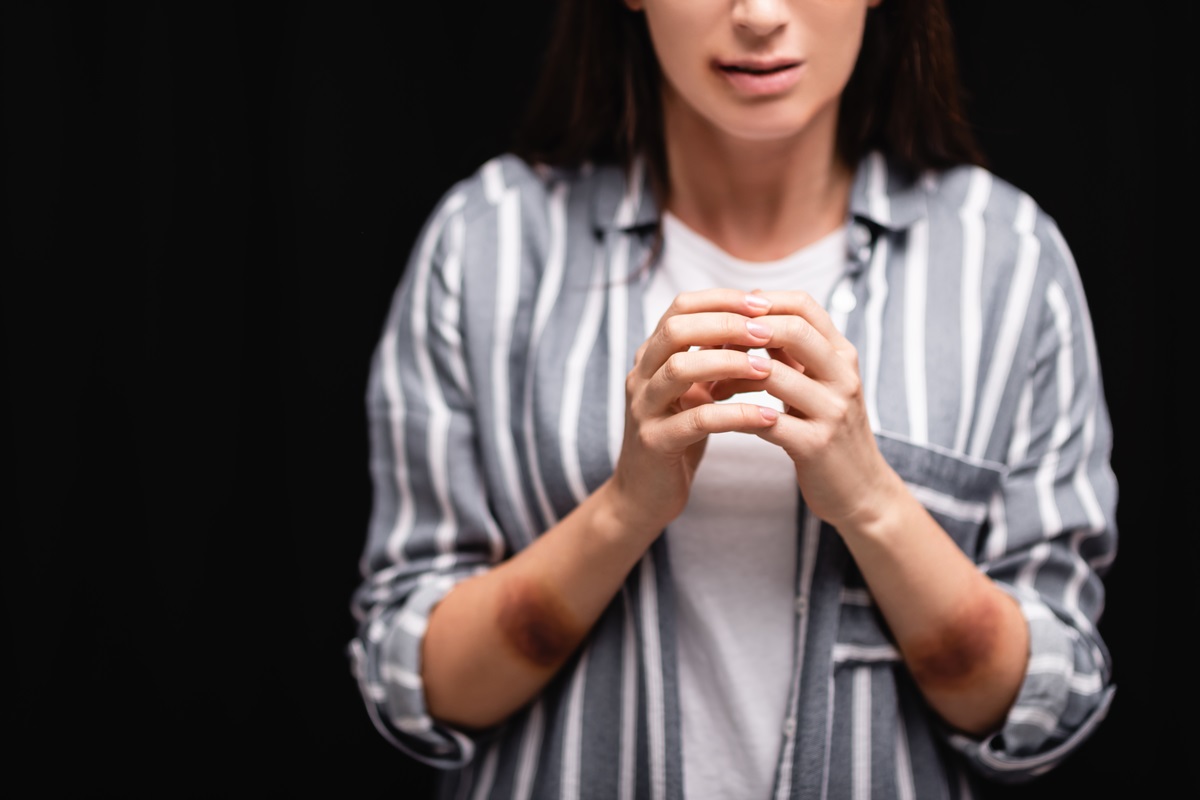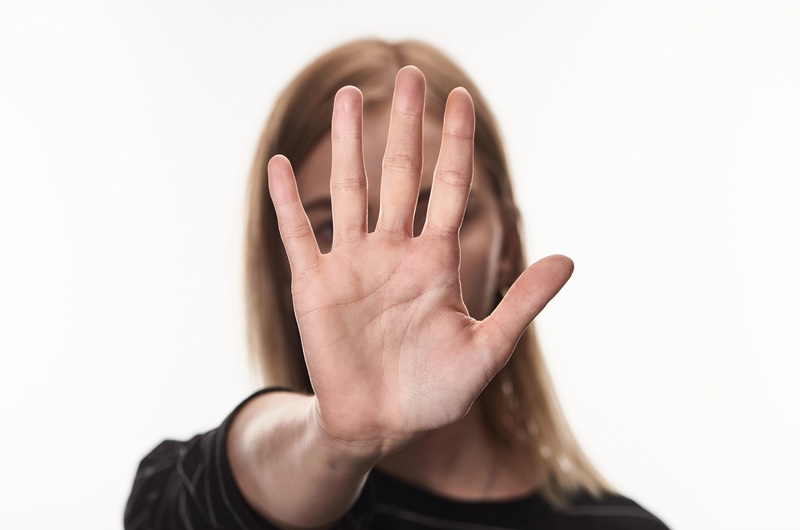Who Can Apply For VAWA To Secure Immigration Status?
Approximately one in three women and one in four men have experienced physical violence from an intimate partner. In the United States alone, the number of individuals affected by partner violence surpasses 10 million. This number emphasizes the need to acknowledge this pressing issue.
VAWA, short for the Violence Against Women Act, was passed by Congress in 1994 to answer the problem. The primary objective of this legislation was to establish a pathway for victims of domestic violence to seek immigration status. It would be independent of their U.S. citizen or lawful permanent resident abusers.
This article will explain VAWA and who can qualify to benefit from this program. Further, it will discuss the crucial role of the VAWA lawyer in making the process smooth and efficient.
Who Can Apply For VAWA Self-Petition?
Despite its name, the VAWA Visa benefits both men and women. You can apply if you are an abused spouse, parent, or child of a U.S. citizen or lawful permanent resident. So, if you are in this situation, don’t hesitate to get assistance from a VAWA lawyer.
One example is the case of a 35-year-old woman from Zacatecas, Mexico, who started dating a partner when she was 20. About ten years later, the man immigrated to the United States, while the woman remained in Mexico. The partner became a U.S. citizen and wanted to bring the woman along to marry and start a family.
Although they had been dating for over 15 years, they had never lived together in Mexico. The woman agreed and relocated to the United States using the Fiancé Visa.
Upon arrival, there was a realization that things were not as they were before. The U.S. citizen partner drank excessively, leading to violent physical and sexual assaults and verbal abuse. Since they lived together in the United States, there is a common-law marriage that qualifies them as husband and wife.
This U.S. citizen spouse asserted that the woman should be grateful for being in the United States. The man was responsible for the latter’s status and opportunity to live in the country. In this scenario, victims feel afraid and trapped. They wanted to know if reporting the situation puts them in danger and if they qualify for VAWA assistance.
How To Qualify For Assistance?
VAWA provides assistance and immigration relief for both male and female abuse victims. Qualifying types of violence include physical, verbal, sexual, and emotional abuse. Society must recognize that men and women can experience various forms of abuse and violence in their relationships.
The law aims to address and support individuals who have encountered these abusive behaviors. Therefore, it is essential to know that if you are experiencing any type of abuse, there may be something in VAWA that can benefit you. Domestic violence encompasses various forms of abuse, including economic control.
Economic control exists within these dynamics and can affect both men and women – spouses, parents, and children. Domestic violence is not solely limited to physical violence. It also involves harmful behaviors between intimate partners and within families. This subject is undoubtedly distressing and deeply personal for those affected by it.
Suffering and abuse are deeply personal and private experiences. They vary considerably between individuals and couples. Each case is unique and highly vulnerable. Also, it requires that the petitioner admits to being a victim of domestic violence.
What Requires Seeking Help?
Violence doesn’t have a specific definition like, “This is definitely violence,” because it depends on each person. It can manifest in diverse relationships such as father and son, husband and wife, and more. Regrettably, violence exists in multiple forms across different contexts.
A person may deny being a victim, which can happen sometimes. However, seeking help under VAWA requires accepting that part. Being a self-petitioner involves being a victim of violence. It is a sensitive issue, so handling it with great care is paramount. Also, sharing personal details should be done with caution and consideration.
You may say, “No, I’m fine, I’m not suffering, I’m not a victim.” Your VAWA lawyer and the state can’t help if you’re unwilling to accept that you have been a victim of domestic violence. Acceptance is the essence of this case to seek help under VAWA. How about if you came to the United States undocumented? Can you ask for help?
How Can Undocumented Victims Apply?
To simplify, VAWA self-petition itself is impartial to the method of entry. Whether one entered unlawfully once or multiple times doesn’t factor into VAWA eligibility. The focus is on aiding victims of domestic violence involving a resident or citizen. Moreover, there is an option to apply for permanent residency through a process called adjustment of status.
The outcome often varies based on the unique circumstances of each case. If individuals do not have proper documents, their illegal entry can pose a hurdle to adjusting their status for permanent residency.
Generally, those with a single illegal entry might be eligible to pursue adjustment through VAWA. However, if there are multiple entries, it could necessitate a waiver. It will link those entries to the instances of abuse – this scenario is quite common. While it depends on the situation, a prevailing trend sees many individuals with illegal entries seeking VAWA assistance and residency.
When multiple illegal entries are involved, you must talk to an immigration attorney. They can formulate the most effective strategy tailored to your specific circumstances. You may qualify if you had one illegal entry and stayed in the country. Whatever your situation, hiring an immigration lawyer will ensure you choose the right option for your case.
Is It Necessary To Involve The Police?
Is it a requirement to report instances of violence to the police to be eligible for VAWA assistance? Generally, no. However, it’s important to note that some individuals might choose not to report to the police due to fear. It would be fear of their partner, concern for their child’s well-being, or worries about potential repercussions.

While reporting to the police isn’t obligatory, if you do decide to, it’s crucial to preserve any available evidence. It includes saved text messages from the abuser and photographs of physical injuries. Or any records relating to instances of abuse, such as messages documenting economic manipulation—such as requests for money. All these pieces of evidence can be instrumental in substantiating claims of abuse.
How Does Protection Against The Abuser Work?
Occasionally, individuals are reluctant to recognize themselves as victims of violence, especially when it involves family. The legal provisions established by Congress encompass various aspects beyond immigration. They offer a range of safeguards for victims, including non-disclosure protection.
Non-disclosure ensures that the information in the victims’ applications remains confidential and inaccessible to the abuser. It includes case details, outcomes, and related information, shielding victims from potential interference.
Another layer of protection involves source limitations. It prevents immigration authorities from using information provided by the abuser or their family against the victim. For example, if a victim’s mother-in-law declares the abuser’s innocence, immigration cannot employ this information to initiate deportation proceedings.
Immigration officers cannot use any information the abuser shares against the victim if they have experienced violence. For example, if the abuser claims the marriage is fraudulent. They do not rely on the abuser’s word to take action against the victim. While fear might linger, victims must utilize these available resources.
If personal safety is at stake, contacting the police or obtaining a protection order is vital. Regarding immigration, rest assured that information shared by the abuser won’t undermine a victim’s pursuit of support under VAWA. With all these experiences, hiring a compassionate VAWA lawyer can make a difference.
Why Hire A Compassionate VAWA Lawyer?
Does a VAWA lawyer at Lincoln-Goldfinch Law – Abogados de Inmigración experience an emotional connection or empathy while dealing with a case? Yes, indeed. Those cases always leave an impact on them. The clients they’ve worked with remain etched in their memory, stirring deep emotions.
These cases, involving individuals similar in age and circumstances, resonate profoundly. It’s hard for them to forget their clients, as the process evokes a shared vulnerability. No one is immune to such challenges regardless of birthplace, citizenship, wealth, ethnicity, or background.
VAWA lawyers at Lincoln-Goldfinch Law – Abogados de Inmigración are committed to providing support. They recognize that these clients’ accomplishments, facilitated through their help, wouldn’t be attainable otherwise. It’s emotionally challenging for them to delve into these circumstances and experience the process alongside their clients. However, it’s a reminder that their role is to stand by their clients and offer unwavering support.
Key Takeaways
The Violence Against Women Act (VAWA) addresses the concern of domestic violence. It provides a pathway for survivors to seek immigration status independently of abusers. VAWA benefits both genders, assisting abused spouses, parents, or children of US citizens or lawful permanent residents.
This program highlights qualifications and protections. Provisions safeguard confidentiality and prohibit immigration actions from abusers or in shelters. Employing a compassionate VAWA lawyer at Lincoln-Goldfinch Law – Abogados de Inmigración aids survivors in navigating this intricate process. They will give their unwavering support legally and personally.
If you have additional questions about VAWA, or your specific case, you can contact us at (855) 502-0555. After a brief 10-minute evaluation of your case over the phone, we will let you know what options you have. You can also follow us on our social networks so you don’t miss our weekly broadcasts on Facebook, YouTube, and Twitch.
Contact A U.S. Immigration Attorney Today!
Categories
How To Find Us
What Our Clients Say
“This Lawfirm is great, very professional and helpful. I love that they are always in communication and always available for when you have questions . 100% recommended by me and my family. Thank you Lincoln-Goldfinch Law – Abogados de Inmigración”





